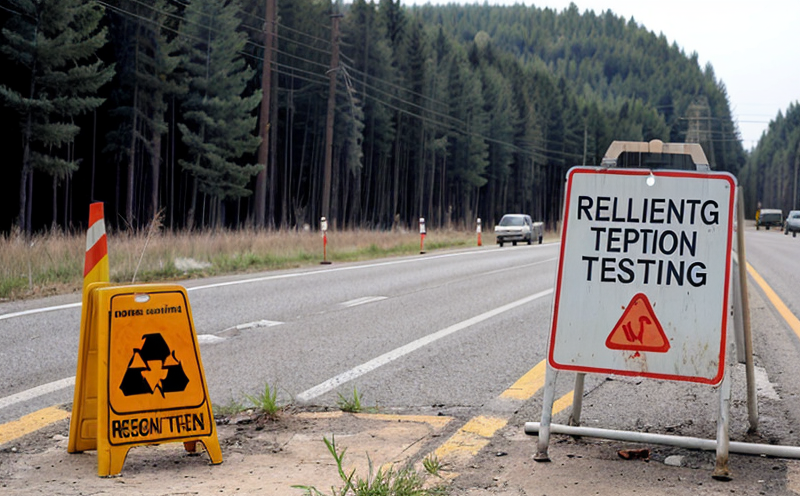ISO 10703 Measurement of Radionuclides in Water by Gamma-Ray Spectrometry
The ISO 10703 standard specifies a comprehensive methodology for measuring radionuclides in water using gamma-ray spectrometry. This service is critical for ensuring the safety and quality of water resources, particularly relevant in sectors such as nuclear power generation, environmental monitoring, and drinking water treatment. The primary goal is to accurately quantify radionuclide levels present in water samples, which can be indicative of radioactive contamination.
The testing process involves several key steps: sample collection, preparation, and analysis using gamma-ray spectrometry equipment. Samples must be collected from known or suspected sources of contamination, ensuring that they are representative of the environment being monitored. Preparation includes filtering, dilution if necessary, and ensuring stability against decay processes before analysis.
The analytical procedure relies heavily on calibrated detectors and standards to ensure precision and accuracy. The service provider adheres strictly to ISO 10703 guidelines during sample preparation and measurement stages. This ensures that the results are reliable and comparable across different laboratories worldwide.
Gamma-ray spectrometry detects gamma radiation emitted by radionuclides in water samples, allowing for identification and quantification of specific isotopes present. The sensitivity and specificity of this method make it particularly suitable for detecting low levels of contamination often associated with nuclear activities or natural occurrences like radon decay products.
Environmental compliance officers and quality managers can leverage ISO 10703-compliant testing services to meet regulatory requirements set by international bodies such as the International Atomic Energy Agency (IAEA) and national standards organizations. By employing this service, they ensure that their operations comply with global best practices for radiation safety.
Accurate measurement of radionuclides in water is essential not only for safeguarding public health but also for protecting aquatic ecosystems from harmful effects caused by radioactive materials. This service supports sustainable development goals by providing robust data necessary for informed decision-making regarding environmental protection measures.
The precision and accuracy provided by ISO 10703-compliant gamma-ray spectrometry contribute significantly to maintaining safe water supplies, thereby fostering trust among stakeholders involved in water resource management.
Applied Standards
| Standard | Description |
|---|---|
| ISO 10703 | Measurement of Radionuclides in Water by Gamma-Ray Spectrometry. |
| ASTM E1682 | Determination of Radionuclides in Drinking Waters by Gamma Spectrometry. |
| JIS Z 3705 | Measurement of Radionuclides in Water by Gamma-Ray Spectrometry (Japanese Standard). |
International Acceptance and Recognition
- The ISO 10703 standard is widely adopted globally for its rigorous approach to measuring radionuclides in water samples.
- This method has been recognized by numerous national standards bodies including ANSI, BSI, DIN, and others as a reliable means of ensuring compliance with international radiation safety guidelines.
Compliance with ISO 10703 enhances an organization's reputation for adhering to the highest quality standards in environmental testing. It also facilitates easier collaboration between laboratories located across different countries, promoting consistent results worldwide.
The widespread acceptance of this standard underscores its importance within the scientific community and regulatory frameworks governing radiation safety practices globally.
Environmental and Sustainability Contributions
- By accurately measuring radionuclide levels in water, ISO 10703-compliant testing helps prevent potential environmental hazards associated with radioactive contamination.
- This service supports sustainability initiatives by informing policies aimed at reducing risks posed by nuclear activities or natural sources of radiation to aquatic ecosystems and human populations dependent on these resources.
The data generated through this service is invaluable for developing strategies that mitigate adverse impacts on the environment while promoting responsible use of nuclear technologies. It plays a crucial role in fostering sustainable practices within various industries reliant upon clean water resources.
Through meticulous adherence to ISO 10703, we contribute towards safeguarding our planet's precious water bodies and ensuring their long-term viability for future generations.





